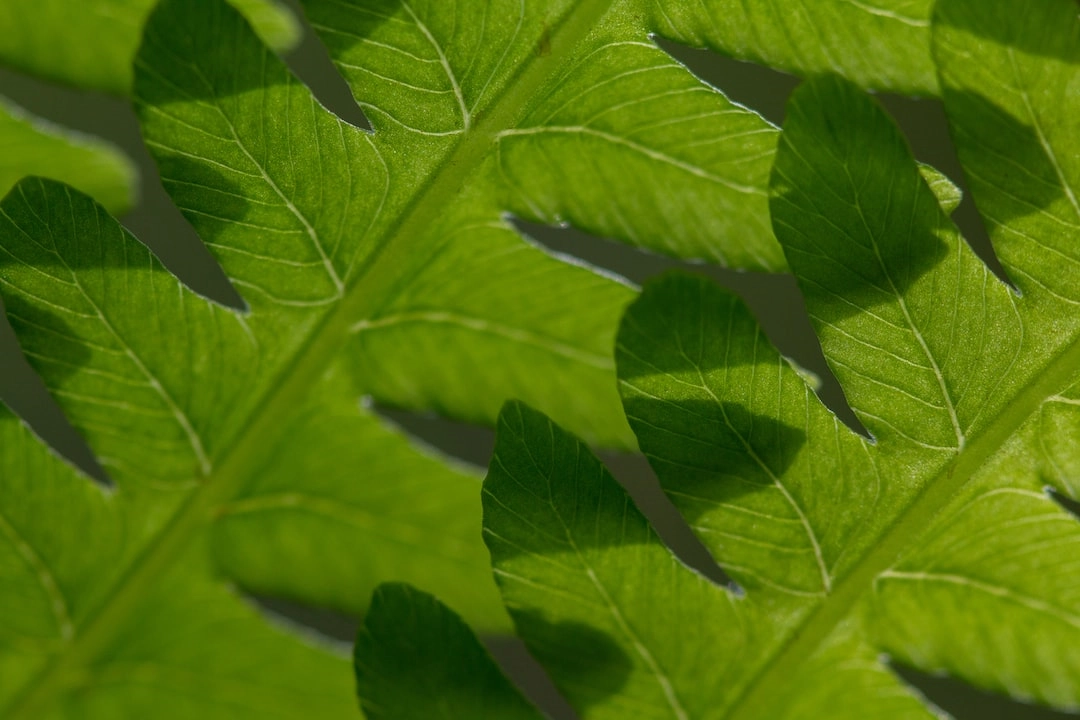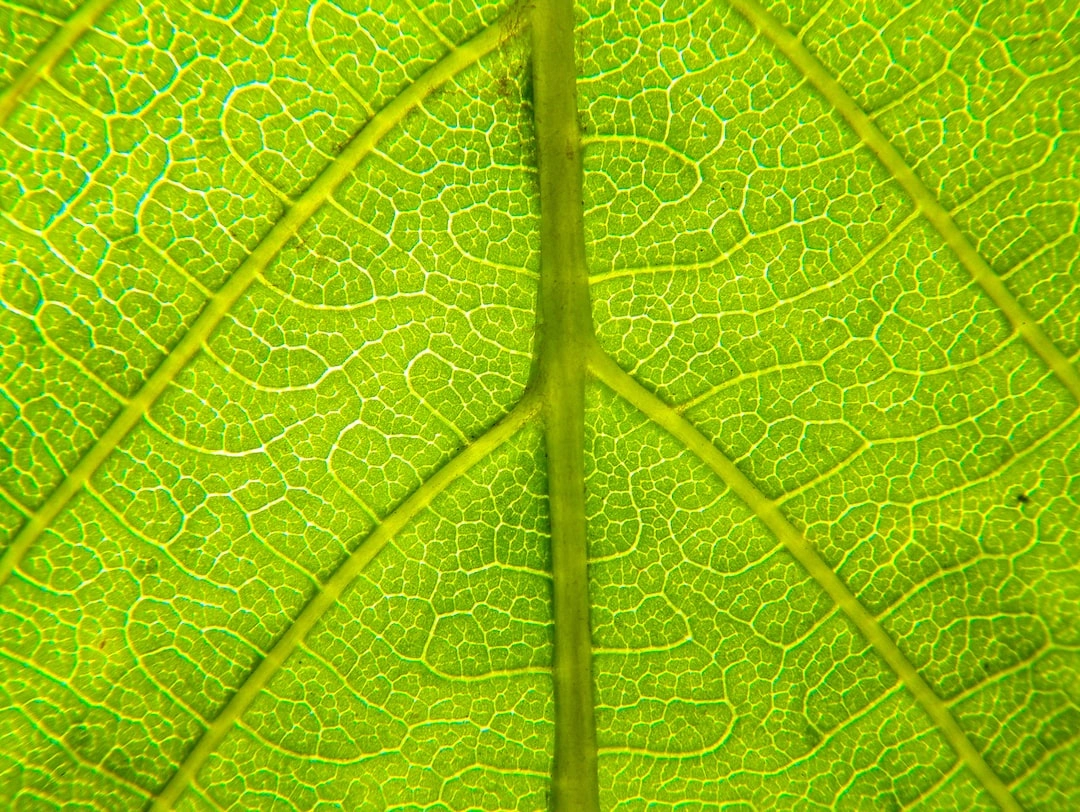What it is:
Aquarium maintenance is an essential part of keeping a healthy and thriving aquatic ecosystem. However, the traditional practices associated with aquarium maintenance can have detrimental effects on the environment. This is where green practices in aquarium maintenance come into play.
Real-World Problems:
There are several real-world problems associated with traditional aquarium maintenance practices:
1. Wastewater Pollution:
The process of cleaning aquariums often involves the use of chemicals and detergents that can find their way into the wastewater. These chemicals can have harmful effects on water bodies when they are discharged without proper treatment. They can disrupt aquatic ecosystems and negatively impact fish and other aquatic organisms.
2. Energy Consumption:
Traditional aquarium equipment such as pumps, filters, and lighting systems can consume a significant amount of energy. This not only contributes to greenhouse gas emissions but also adds to the overall carbon footprint of aquarium enthusiasts. The high energy consumption of these devices is not only costly but also unsustainable in the long run.
3. Unsustainable Fishing Practices:
The aquarium trade heavily relies on wild-caught fish, which can lead to overfishing and the depletion of natural habitats. Poor fishing practices, such as using cyanide or destructive fishing methods, can also cause irreversible damage to coral reefs and other sensitive ecosystems.
4. Plastic Waste:
Many aquarium products, such as plastic decorations, artificial plants, and packaging materials, contribute to the growing problem of plastic waste. These items often end up in landfills or water bodies, where they can harm marine life and contribute to the overall pollution of the environment.
5. Chemical Inputs:
Certain chemical additives commonly used in aquarium maintenance, such as water conditioners and fertilizers, can contain harmful substances. These substances can leach into the water, affecting the health of the aquatic organisms and potentially causing long-term harm to the environment.
By addressing these real-world problems through the implementation of green practices, aquarium enthusiasts can actively contribute to a more sustainable and environmentally-friendly hobby. The next sections of this blog will explore various green practices in aquarium maintenance and highlight their benefits.

Solutions: Green Practices in Aquarium Maintenance
Adopting green practices in aquarium maintenance can address the real-world problems associated with traditional methods. Here are some solutions:
1. Eco-Friendly Cleaning Products:
Switching to eco-friendly cleaning products can minimize wastewater pollution. Look for natural alternatives or DIY options that are safe for aquatic life. Avoid chemicals that contain toxins, phosphates, or excessive surfactants that can harm the environment.
2. Energy-Efficient Equipment:
Invest in energy-efficient aquarium equipment, such as LED lighting and low-energy consumption filters and pumps. These devices can significantly reduce energy consumption, saving both money and the environment.
3. Sustainable Aquaculture and Breeding Programs:
Support sustainable aquaculture and breeding programs that focus on providing captive-bred fish and other aquatic organisms. This reduces the reliance on wild-caught species and helps conserve their natural habitats.
4. Reduce Plastic Waste:
Opt for reusable or biodegradable alternatives for plastic decorations and packaging materials. Use natural materials like driftwood and live plants, or choose sustainable options made from recycled plastics.
5. Natural and Organic Additives:
Choose natural and organic additives for water conditioning, plant fertilization, and algae control. These products are often safer for the environment and can provide the necessary nutrients without introducing harmful chemicals.
By implementing these green practices, aquarium enthusiasts can reduce their environmental impact, contribute to conservation efforts, and promote a sustainable and responsible hobby. Making these small changes can make a significant difference in preserving our aquatic ecosystems for future generations.













